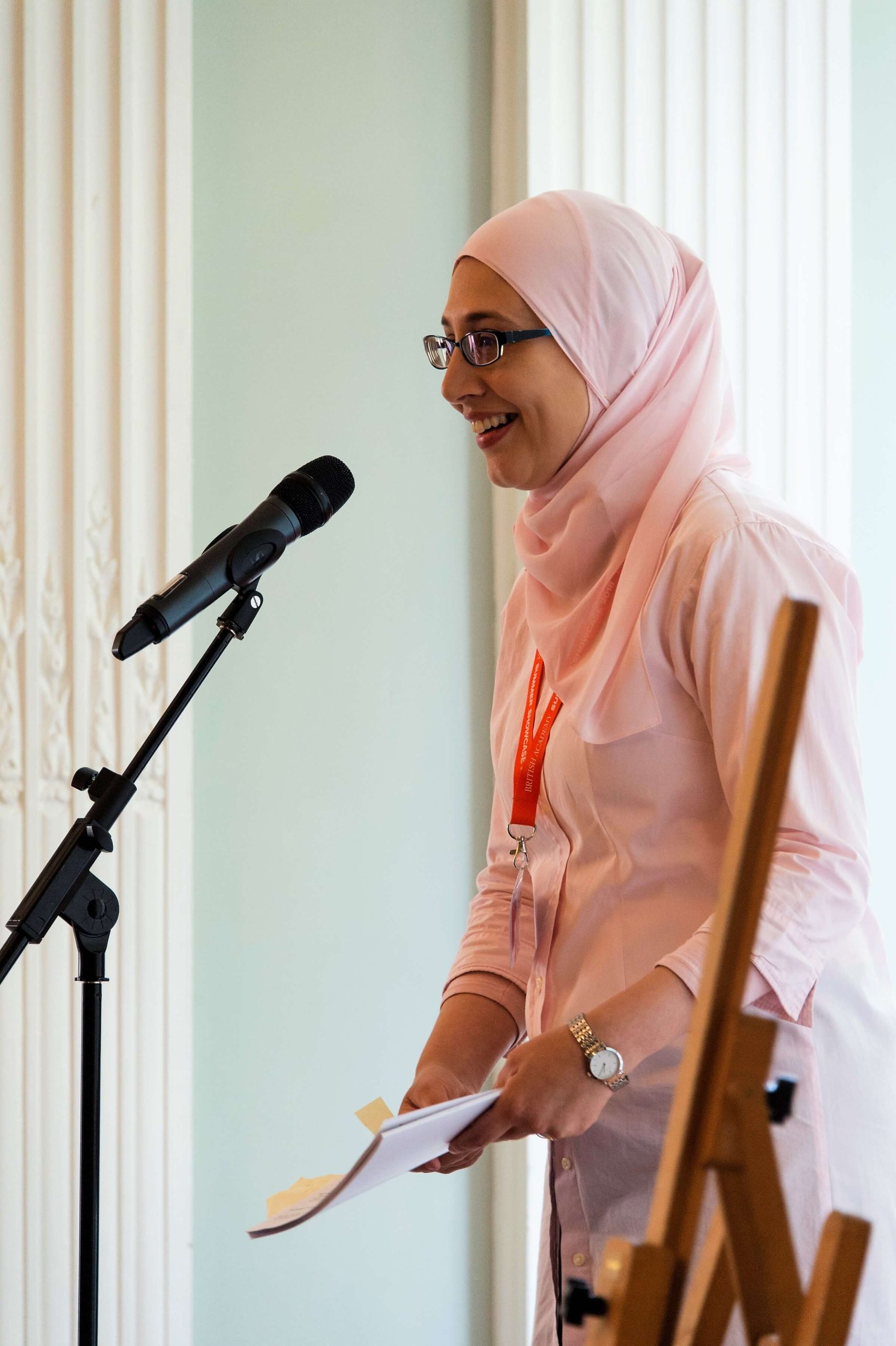Identity and Political Participation Among Young British Muslims
This book tackles unanswered questions on British Muslims and political participation: What makes religion a salient ‘political’ identity for young Muslims (over any other identity)? How do young British Muslims identify themselves and how does it relate to their political engagement? A fascinating insight into the lives of young British Muslims.
About the Book
The integration of British born young Muslims into wider society is one of the most topical issues challenging policy makers in modern Britain. As citizens with diverse ethnic and religious backgrounds they have aspirations, values and interests which may seem difficult to accommodate within a Western European social and political context.
For an intelligent and well informed analysis of the dynamic nature of social and political integration, we need to listen to the voices of young British Muslims, males and females; and record the diversity of their experiences as citizens. Understanding their motivations and political concerns are key factors in illuminating their identity and predicting their political action. The challenge for informed policy-making is to avoid simple stereotyping of faith communities and examine more deeply the key drivers of identity formation and political engagement of young British Muslims.
This book examines whether identity/ies (ethnic, religious or national) play a role in the political participation of young second generation British Muslims. The empirical research on young British Muslims was conducted across Britain. The main method of conducting the research was via semi-structured interviews. The participants came from a variety of ethnic backgrounds. The interviewing process was assisted by the use of innovative and creative methods such as word sorts, pictorial vignettes and auto-photography.
The book presents an account of being young British Muslims, exploring belonging and engagement. It provides a space for them to narrate and describe their identities, how these identities are practiced and how they shape daily decisions.
The book explores whether young Muslims identify themselves as British, and if so, how is this dual identity managed? Do young Muslims who symbolically identify themselves as Muslim, feel part of a ‘community’ or ‘group’? What of those young Muslims who do not identify themselves as British? Can they clarify why they feel this way? And is it relevant for their lived experiences? By exploring the role that ethnic, religious and national identity plays in the lives of the second generation, we may gain an insight into whether identity(ies) influences any particular political behaviour.
This book tackles unanswered questions on British Muslims and political participation: Can blogging be considered as a political activity and how is music related to political engagement? Do young Muslims advocate political violence as depicted by the media? Do those who do not vote do so because they feel less British, or because they are doubtful of the electoral system? Do some British Muslims donate to political parties? Does anyone view political graffiti favourably? Can flag burning ever be justified? These are some of the varied questions which are answered, providing a fascinating insight into the political participation of young British Muslims.
“This book is a refreshing and challenging attempt to reconcile the controversial area of wider contemporary debates on the integration of Muslim youth into secular western European countries. In that vein, this book talks to policy-makers as well as academics in the field to gauge and understand the delicate and fragile nature of identity and how particularly the religious component becomes more salient and political in a complex post-modern globalized world.”
- (Uzma Kazi, Ethical and Racial Studies, March, 2016)
The Author
Asma Mustafa is a Research Fellow on Muslims in Britain at the Oxford Centre for Islamic Studies, UK, where her work focuses on understanding the experiences and contributions of Muslims in the UK. She is deeply involved in academic research that explores the intersections of faith, identity, and community, contributing to a growing body of knowledge in this important field. In addition to her role at the Oxford Centre for Islamic Studies, she serves as Senior Tutor and Senior Research Fellow at Linacre College, University of Oxford, UK. These roles underscore her commitment to mentoring students, fostering academic excellence, and advancing research that addresses contemporary societal challenges.

